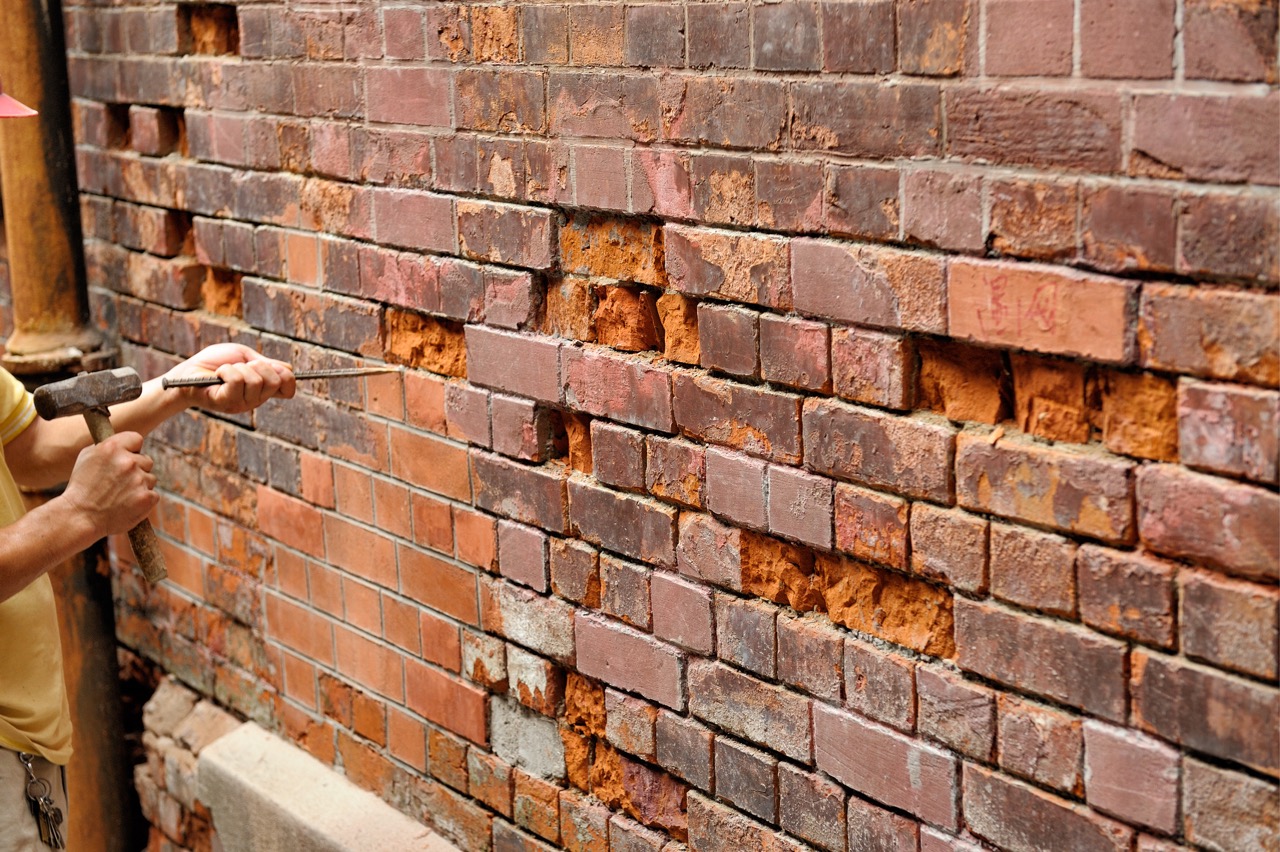Comprehensive Patio Installation Services by Trusted Professionals
Comprehensive Patio Installation Services by Trusted Professionals
Blog Article
Unlocking the Keys of Lasting Stonework Building Practices for Eco-Friendly Structures
Among the myriad techniques to eco-friendly building, lasting masonry building stands out as a reliable and long lasting technique that holds a wide range of untapped possibility. From the option of materials to innovative building strategies, the keys to achieving sustainability within stonework building are complex and appealing.
Advantages of Lasting Stonework Construction
Accepting sustainable masonry building practices not only lowers ecological influence yet likewise supplies long-lasting economic benefits to home builders and communities. By making use of products like recycled blocks, obstructs, and stones, contractors can significantly decrease the carbon footprint of their jobs while advertising resource efficiency. Additionally, sustainable stonework construction techniques, such as correct insulation and thermal mass residential or commercial properties, can enhance energy performance within structures, causing minimized functional costs gradually.
Additionally, the resilience and durability of stonework structures add to lasting economic benefits. Structures constructed using sustainable stonework techniques commonly need less maintenance and repair work, converting to cost savings for contractors and property owners. The long life of masonry products likewise makes certain that structures remain secure and protected, lowering the requirement for frequent improvements or replacements.
Eco-Friendly Masonry Products
Utilizing environmentally friendly masonry products is an essential step towards improving the sustainability of building and construction methods and reducing environmental effect while making the most of lasting economic benefits. Sustainable masonry materials are sourced, produced, and used in a way that minimizes overall ecological influence. Sustainable concrete obstructs incorporate recycled accumulations and may include enhanced insulation residential properties, contributing to power efficiency in structures.
Furthermore, all-natural products like adobe, rammed earth, and straw bales provide superb thermal mass homes, reducing the demand for home heating and cooling down energy. These products are typically locally offered, advertising regional economies and lowering transportation-related carbon exhausts. By choosing environment-friendly stonework materials, building projects can considerably lower their environmental impact and add to the creation of healthier, more sustainable constructed settings.
Energy-Efficient Masonry Methods
Energy efficiency plays a vital duty in improving the sustainability of masonry building methods. By carrying out energy-efficient masonry strategies, building contractors can substantially decrease the total energy intake of a structure, leading to reduced operational prices and a smaller environmental impact. One key energy-efficient masonry technique is the usage of thermal mass, which entails including thick products like concrete or block into the structure's framework to absorb and store warmth. This helps regulate interior temperature levels, minimizing the need for mechanical home heating and cooling down systems.

Technologies in Lasting Masonry
Current developments in sustainable masonry methods have actually produced cutting-edge methods that are reshaping the building market. One such advancement is the growth of self-healing concrete, which uses bacteria installed within the concrete to recover fractures autonomously. This innovation not only lowers maintenance expenses but likewise boosts the durability of stonework structures, adding to their sustainability.
One more remarkable development is the use of recycled aggregates in masonry building - masonry contractor. By integrating cement concrete flooring materials such as smashed ceramic waste or recycled glass into concrete mixes, home builders can decrease the environmental impact of construction tasks while maintaining structural honesty. This method not only diverts waste from land fills yet additionally preserves natural deposits, making it a key innovation in lasting stonework building
Furthermore, the integration of electronic design devices, such as Building Information Modeling (BIM), is changing the means stonework frameworks are prepared and created. BIM enables more accurate calculations, minimized material waste, and enhanced power effectiveness, ultimately causing more lasting building practices. These technologies collectively indicate a promising future for sustainable stonework construction in the era of green buildings.
Future Trends in Stonework Sustainability
With the cutting-edge strides made in sustainable masonry techniques, the future patterns in stonework sustainability are poised to additional change the construction sector. Among the key trends forming the future of masonry sustainability is the enhanced integration of technology. Advancements such as Building Details Modeling (BIM) and virtual fact simulations are being used to maximize stonework building and construction procedures, resulting in browse around this web-site reduced product waste and boosted energy performance in structures.
Moreover, the growth of novel lasting products is set to play a significant role in enhancing the eco-friendliness of masonry construction. masonry contractor. Advancements like self-healing concrete, recycled aggregates, and bio-based binders are acquiring traction for their capacity to reduce environmental influence while keeping structural honesty

Conclusion
To conclude, sustainable stonework building practices supply countless advantages for eco-friendly structures. By using environment-friendly products and energy-efficient techniques, stonework can add to a more lasting built environment. Advancements in sustainable masonry are constantly being developed to further boost the ecological efficiency of structures. Looking in the direction of the future, the trend of stonework sustainability is expected to expand, resulting in even more environmentally pleasant and energy-efficient building and construction methods in the years to find.
Report this page